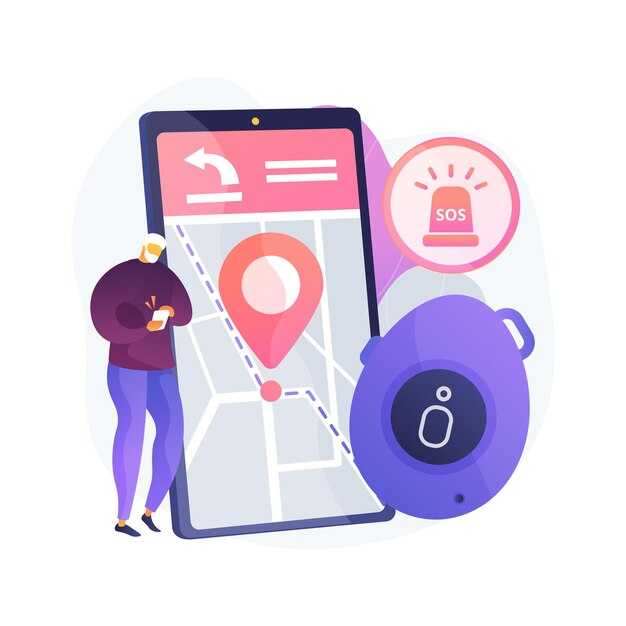Alright — чи це відповідне місце, щоб я висловився? Чи можу я безпечно виговоритися? Хтось залишив мені приємний коментар, а інша людина відповіла: «Я знаю його тактику — пошукайте в Google «альтруїстичний нарцис». Ну, щоб мене назвали нарцисом — це не звична справа. Я буквально просто намагаюся поводитися як пристойна людина, і раптом я під вогнем. Гаразд — я навмисно робитиму протилежне тому, що зробив би нарцис. Нарцис образить вас, стане на захист, звинуватить вас, перетворить це на битву та загострить ситуацію; він ніколи не визнає, що може помилятися, або не потурбується зрозуміти вашу точку зору. Отже, вгадайте — я збираюся пошукати в Google «альтруїстичний нарцисизм», щоб довести, що я нічого з цього не роблю. Ти обрав не того, з ким варто зв’язуватися, друже. Гаразд, всі, давайте перейдемо на youtube.com і підпишемося на «Jimmy on Relationships» — просто жартую, хоча це б дійсно допомогло, оскільки вони не платять мені — ні, серйозно, ми будемо шукати «альтруїстичний нарцисизм». Гаразд, ось визначення: альтруїстичний нарцис — це людина, яка йде з усіх сил, щоб допомогти іншим без жодного очевидного прихованого мотиву. Хм, це дійсно звучить трохи як я. Далі: вони мають сильну потребу бути потрібними та отримувати визнання. Дві з двох. Є ще: цей тип нарцисів часто зустрічається в допоміжних професіях, таких як охорона здоров’я. Ой — для тих, хто не знав, я зареєстрована медсестра; це те, чим я займаюся. Очевидно, тепер мене називають нарцисом. Продовжуючи: хоча їхні мотиви можуть здаватися чистими, альтруїстичні нарциси насправді керуються бажанням валідації та похвали. Вони часто відчувають себе порожніми та нікчемними, якщо не роблять нічого для інших, що може призвести до їхньої козалежності від людей, яким вони допомагають. Вау — я думала, що навчаю вас про козалежність, а тепер виявляється, що ми можемо перебувати у козалежних стосунках разом. Чудово. Продовжуйте читати: важливо розпізнавати ознаки альтруїстичного нарциса, оскільки вони можуть завдати шкоди вашому психічному та емоційному здоров’ю. Вони зазвичай дуже чарівні та харизматичні спочатку, але їхні справжні кольори з часом проступають. Чудово — я пишалася тим, що є чарівною та харизматичною, і тепер це нібито наближається бомба з насильства. Це було неймовірно просвітницько. Приєднуйтесь до мене наступного тижня для мого нового сегменту: «Я не знала, що я нарцис».
Це багато чого потрібно засвоїти — і те, що вас позначили, може ранити. Ось кілька практичних, неупереджених способів подумати про цю інформацію та використати її конструктивно.
Як зазвичай проявляється альтруїстичний нарцисизм (швидка перевірка):
- Часто допомагати іншим, але очікувати видимого визнання чи похвали у відповідь.
- Відчуття порожнечі, провини або тривоги, коли не беруть участі у діяльності, яка передбачає допомогу іншим.
- Використання допомоги як способу контролювати ситуації або людей (ненав’язливий тиск, маніпулювання почуттями).
- Погано реагувати, коли похвала не надається — пасивно-агресивні коментарі, відсторонення або обурення.
- Складність у прийнятті меж інших або бажання бути незамінним.
- Ззовні тепла та чарівна; з часом стосунки відчуваються односторонніми або виснажливими.
Як відрізнити справжній альтруїзм від нездорових моделей поведінки: Справжній альтруїзм зазвичай супроводжується повагою до автономії інших, відсутністю постійної потреби у зовнішньому підтвердженні та здатністю відсторонитися, не відчуваючи себе розчавленим. Якщо ваша допоміжна поведінка в першу чергу пов’язана з тим, як вона змушує вас почуватися (цінною, особливою, підтвердженою), а не з потребами людини, варто задуматися про цю різницю.



 Я пройшов тест на нарцисизм.">
Я пройшов тест на нарцисизм.">

 The 5 Stages of a Dismissive Avoidant’s Mind When You Go Silent">
The 5 Stages of a Dismissive Avoidant’s Mind When You Go Silent">
 What To Do When Someone Makes You Feel Creeped Out">
What To Do When Someone Makes You Feel Creeped Out">
 Avoidants Texted You After Silence? This Brutal Reply Will Destroy Them | Jordan Peterson">
Avoidants Texted You After Silence? This Brutal Reply Will Destroy Them | Jordan Peterson">
 Why does the Anxious partner have to sacrifice for the Avoidant?">
Why does the Anxious partner have to sacrifice for the Avoidant?">
 Anxious Attachment leads to Heartbreak until you do this…">
Anxious Attachment leads to Heartbreak until you do this…">
 The Hidden TRUTH: Why Avoidants Disrespect You – How to Pass Their TEST | Avoidant Attachment Style">
The Hidden TRUTH: Why Avoidants Disrespect You – How to Pass Their TEST | Avoidant Attachment Style">
 Інтерв’ю з доктором Джеймсом Пеннебекером">
Інтерв’ю з доктором Джеймсом Пеннебекером">
 Спробуйте Ці Заходи Надзвичайної Ситуації для Перерегулювання Будь-де">
Спробуйте Ці Заходи Надзвичайної Ситуації для Перерегулювання Будь-де">
 Припиніть допомагати своїй дружині.">
Припиніть допомагати своїй дружині.">
 Жорсткі сигнали (Ви не усвідомлюєте, що надсилаєте) відштовхують чоловіків.">
Жорсткі сигнали (Ви не усвідомлюєте, що надсилаєте) відштовхують чоловіків.">